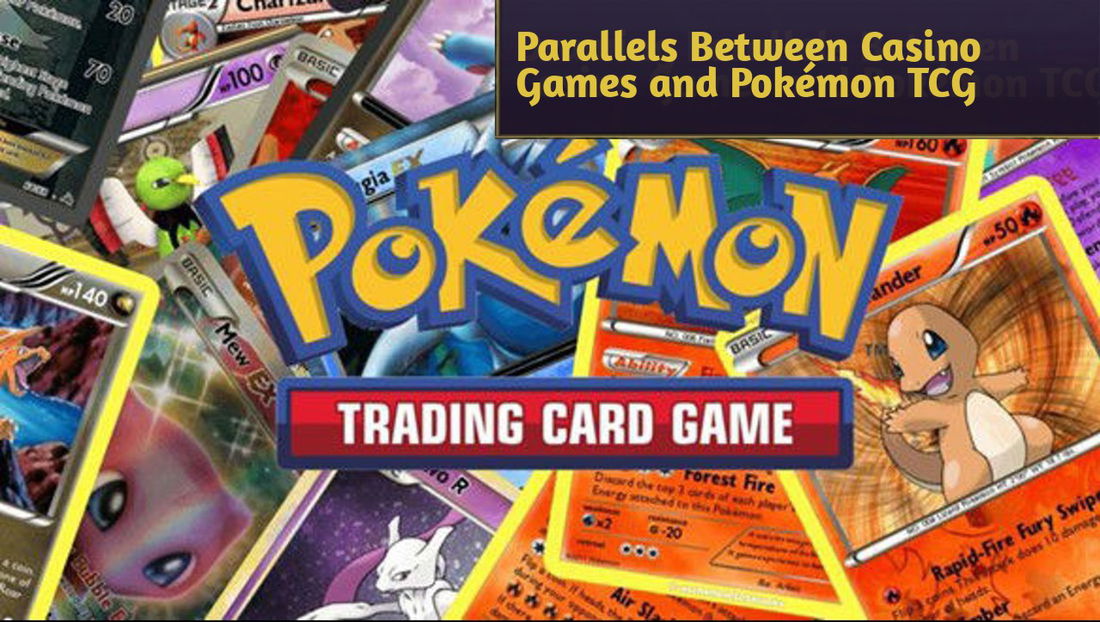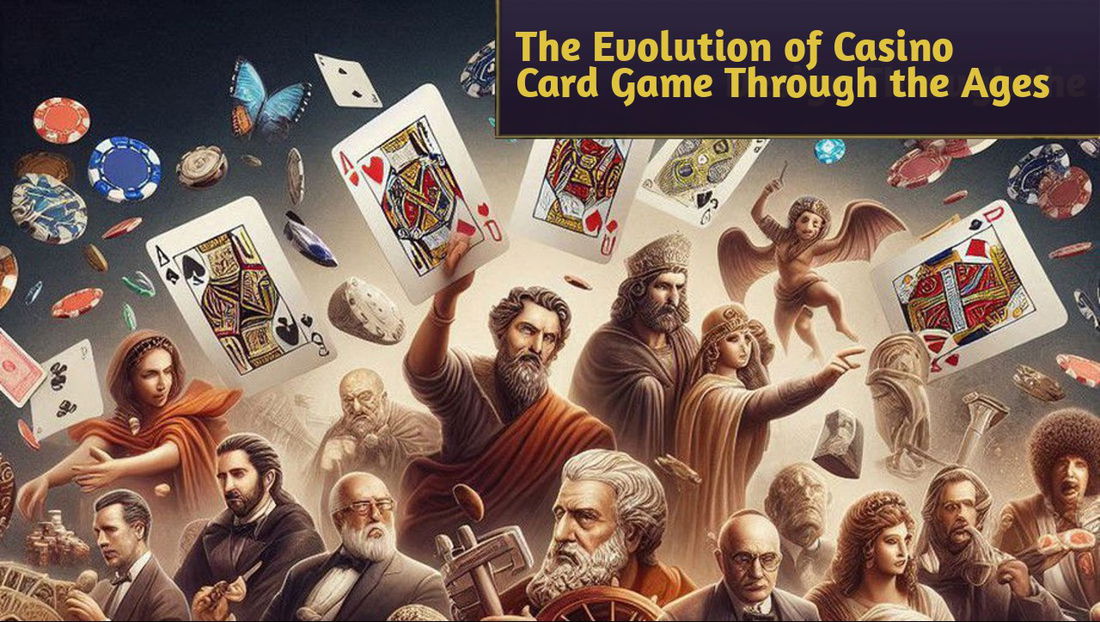Building a competitive Magic: The Gathering (MTG) deck can be an intimidating and costly endeavor, especially with the constant release of new sets and the allure of powerful, rare cards. However, it's entirely possible to construct a formidable deck without breaking the bank. By focusing on strategic choices, understanding the meta, and making smart investments, you can create a deck that holds its own against pricier competitors.
Focus on Budget-Friendly Formats
One of the first steps in building a competitive deck with minimal investment is choosing the right format. Pauper and Standard are two excellent formats for budget-conscious players:
● Pauper: This format is perfect for budget players as it only allows commons in deck construction. Despite the restriction, Pauper has a diverse and competitive meta, with plenty of opportunities to create powerful decks at a fraction of the cost of other formats.
● Standard: Although more expensive than Pauper, Standard can still be budget-friendly, especially if you focus on building around affordable cards from the latest sets. With rotation in mind, you can often find powerful cards at lower prices as the meta shifts.
Optimize Your Mana Base
A well-balanced mana base is crucial for any competitive deck, but it doesn’t have to be expensive. Here’s how to save on lands:
● Prioritize Basic Lands: Basic lands are free and can be surprisingly effective, especially in mono-colored decks. Running a single color reduces the need for pricey dual or tri-colored lands.
● Use Budget Dual Lands: Cards like Evolving Wilds, Terramorphic Expanse, and Guildgates can help you fix your mana without costing much. While not as fast as shock lands or fetch lands, they are reliable options for budget decks.
Identify Cost-Effective Staples
Every format has certain staples that are affordable yet powerful. Research the meta to identify these cards, which often perform well across multiple decks. For example:
● Lightning Bolt: A staple in many red decks across various formats, Lightning Bolt offers incredible value for its cost.
● Counterspell: For blue decks, Counterspell is a classic control card that’s both powerful and inexpensive.
These staples provide a solid foundation for your deck without requiring heavy financial investment.
Leverage Synergies and Tribal Themes
Building around synergies or a tribal theme can help you maximize the effectiveness of cheaper cards. For example:
● Elves: In formats like Commander or Modern, Elf decks can be highly competitive while remaining budget-friendly. Cards like Llanowar Elves and Elvish Mystic are inexpensive yet powerful in a well-synergized deck.
● Sacrifice Strategies: Using cards like Blood Artist or Carrion Feeder in a sacrifice-themed deck can generate powerful effects without needing rare or expensive cards.
By focusing on these themes, you can create a cohesive and effective deck that doesn’t rely on pricey, high-impact cards.
Take Advantage of Reprints and Budget Alternatives
Many powerful cards are reprinted in newer sets, which often reduces their market price. Keep an eye out for reprints and be ready to grab these cards when their price drops. Additionally, look for budget alternatives to expensive staples:
● Path to Exile vs. Swords to Plowshares: While both are powerful removal spells, Swords to Plowshares is generally more affordable.
● Hero’s Downfall vs. Murder: If you need removal in a black deck, Murder is a budget-friendly alternative to pricier cards like Hero’s Downfall.
Similarly to how players use casino no-deposit bonuses to get a head start without financial risk, you can take advantage of budget alternatives to build a competitive deck without overspending.
Build Gradually and Trade Wisely
Finally, consider building your deck gradually. Start with the core, budget-friendly cards and then slowly upgrade as you acquire more resources. Trading with other players is also a great way to acquire needed cards without spending additional money.
● Participate in Local Trading: Engaging with your local Magic community can help you find good trades. Sometimes, other players might value certain cards less, giving you an opportunity to trade up.
● Online Marketplaces: Websites like TCGPlayer often have sales or discounts on certain cards, allowing you to pick up staples at a reduced price.
Explore Free Resources and Communities
Utilizing free resources and engaging with the MTG community can also help you stay competitive on a budget. Websites like CardsRealm offer tools like deck builders and land calculators, which can optimize your deck-building process without any cost. Moreover, participating in online forums and social media groups can provide valuable insights and trading opportunities that could help you enhance your deck.







— Kommentare 0
Sei der erste der kommentiert